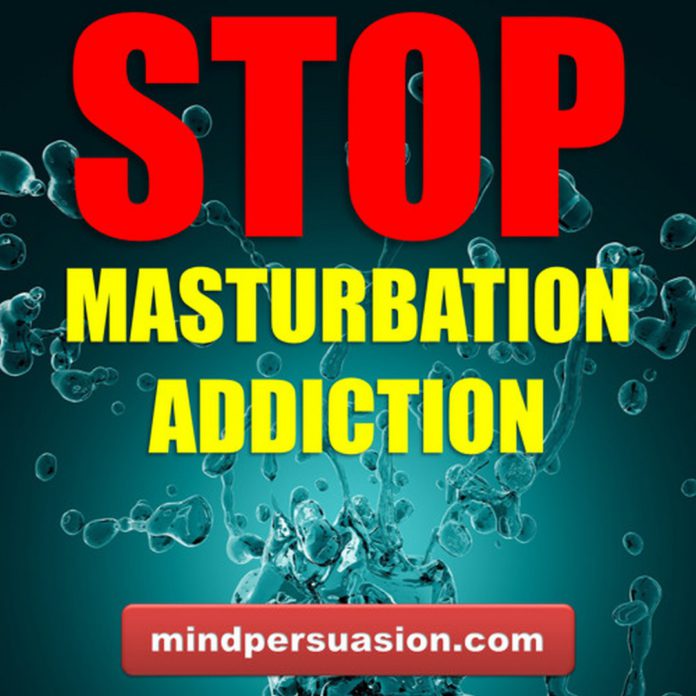
Masturbation is a normal sexual activity that many people engage in throughout their lives.
It is not associated with serious physical health risks, and for most people, it does not lead to any negative side effects.
However, excessive or compulsive masturbation can have some potential side effects, including:
Physical Discomfort: Frequent or aggressive masturbation can lead to physical discomfort, such as chafing, soreness, or irritation of the genitals.
Using lubrication can help prevent this.
Interference with Daily Life: If masturbation becomes excessive and interferes with your daily activities, responsibilities, or relationships.
It may be a sign of compulsive behavior that should be addressed.
Psychological Effects: In rare cases, excessive masturbation can lead to psychological issues, such as guilt, anxiety, or preoccupation with sexual thoughts.
These psychological effects are usually more related to feelings of shame or cultural and religious beliefs about masturbation rather than the act itself.
Sexual Dysfunction: Some individuals who excessively masturbate may find it difficult to become sexually aroused or reach orgasm with a partner due to desensitization from frequent self-stimulation.
This is relatively rare and can often be resolved with a break from masturbation.
It’s important to note that the effects of masturbation can vary greatly from person to person.
What is considered excessive or compulsive for one person may not be the same for another.
If you have concerns about your masturbation habits or are experiencing negative effects, consider speaking to a healthcare provider or therapist who can provide guidance and support.
Remember that there is no one-size-fits-all answer to questions about masturbation because individual experiences and needs can vary widely.
It’s important to prioritize your overall well-being and make choices that are comfortable and healthy for you.






